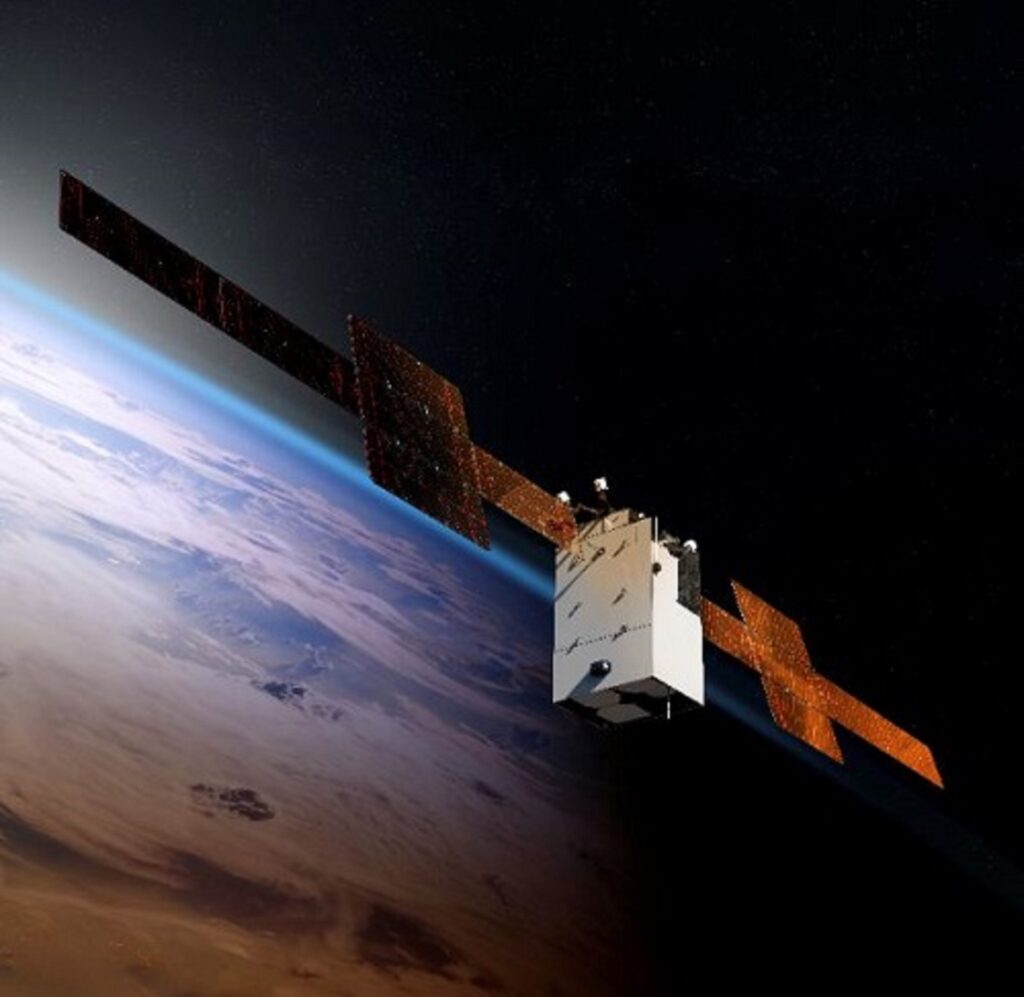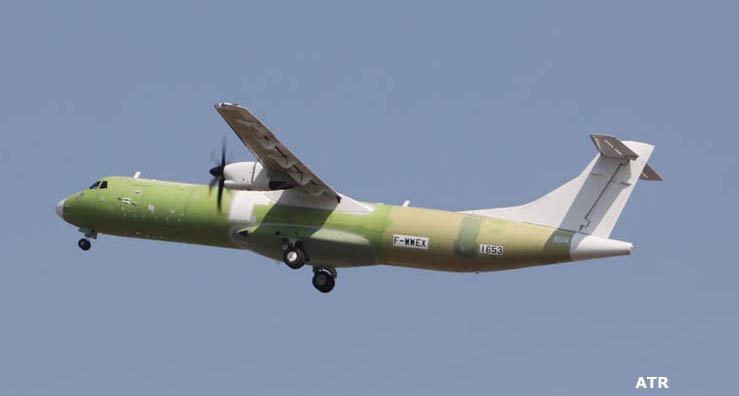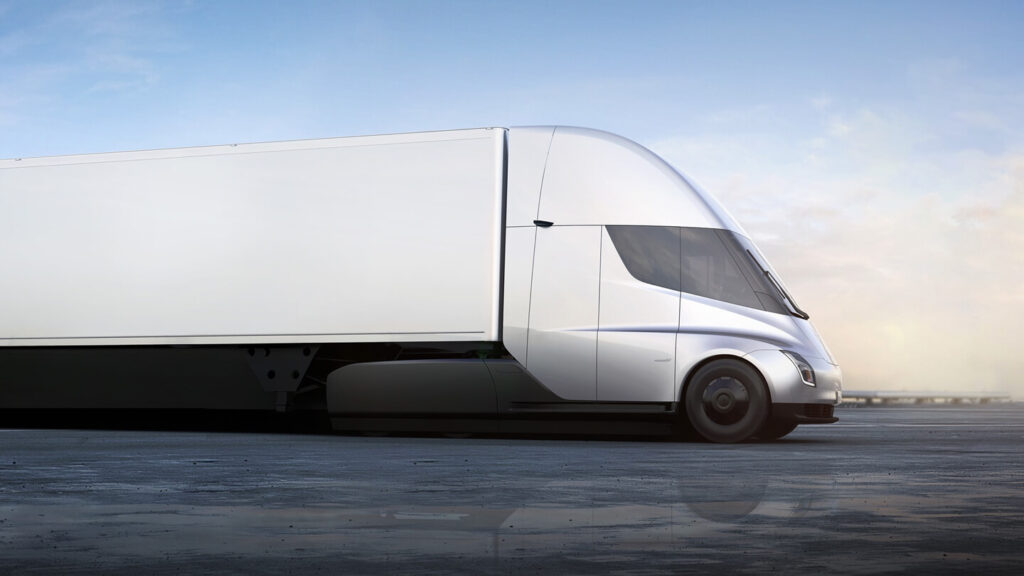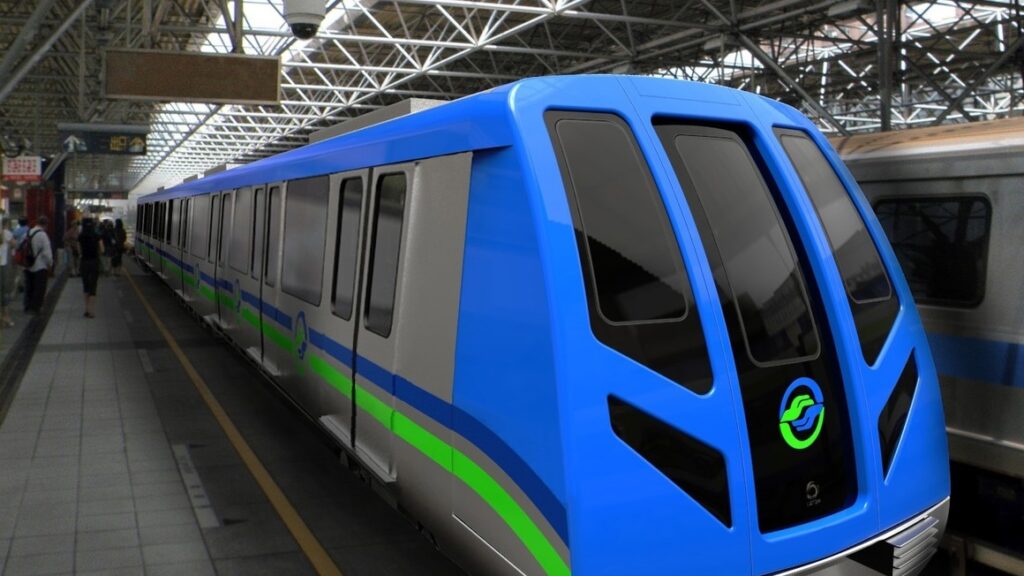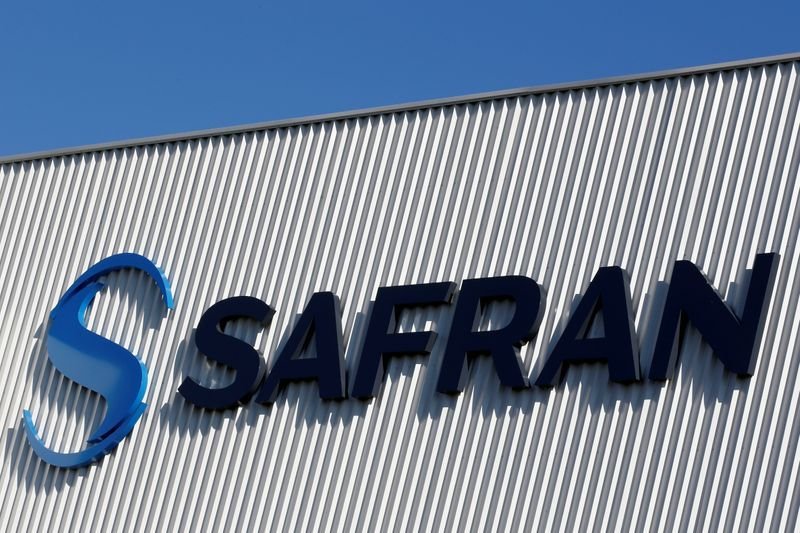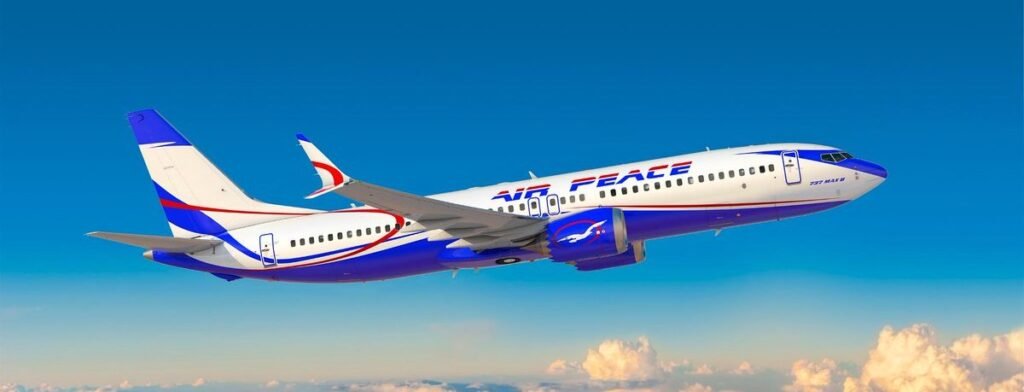Boeing Built Space Force Satellite Passes Design Review
Boeing [NYSE: BA] and the U.S. Space Force successfully completed the first major engineering design review for the Wideband Global SATCOM (WGS)-11+ communications satellite. This successful review demonstrates that Boeing is ready to proceed to…
